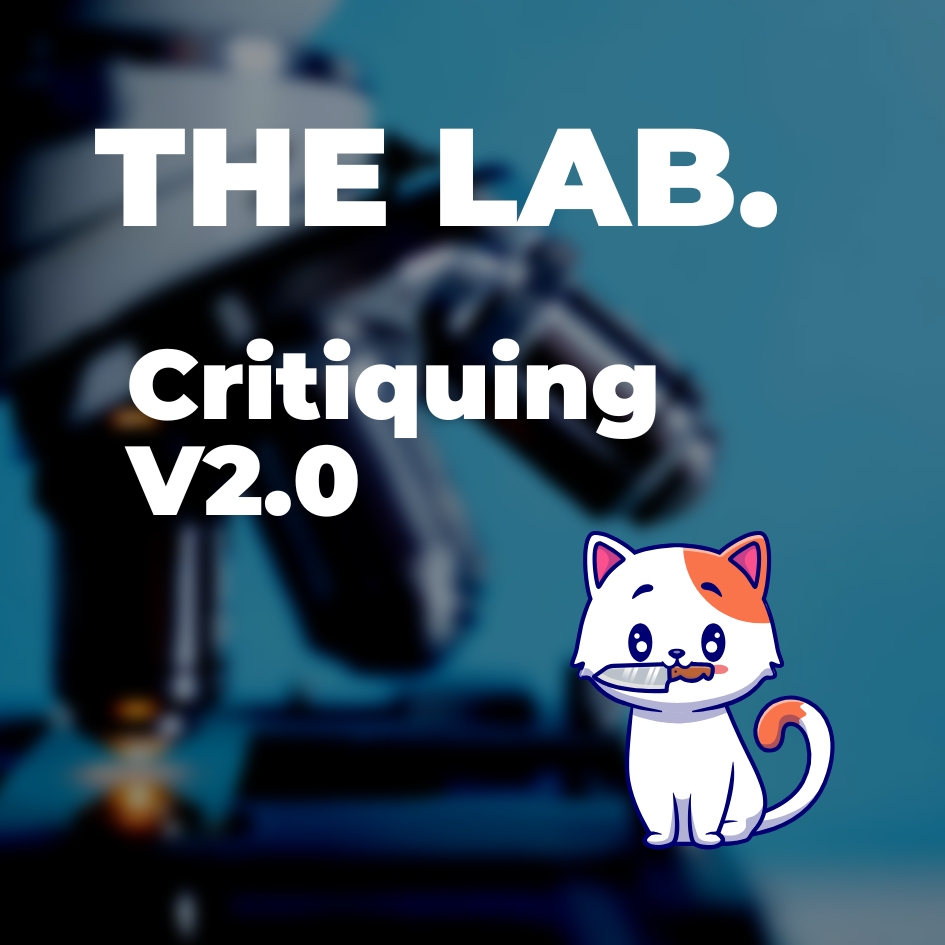Patricia D
Basic
Here is a smile for Saturday - I don't know who wrote this, so I can't credit them - an a good illustration of things to avoid when you write.
A dangling participle walks into a bar. Enjoying a cocktail and chatting with the bartender, the evening passes pleasantly.
A bar was walked into by the passive voice.
An oxymoron walked into a bar, and the silence was deafening.
Two quotation marks walk into a “bar.”
A malapropism walks into a bar, looking for all intensive purposes like a wolf in cheap clothing, muttering epitaphs and casting dispersions on his magnificent other, who takes him for granite.
Hyperbole totally rips into this insane bar and absolutely destroys everything.
A question mark walks into a bar?
A non sequitur walks into a bar. In a strong wind, even turkeys can fly.
Papyrus and Comic Sans walk into a bar. The bartender says, "Get out -- we don't serve your type."
A mixed metaphor walks into a bar, seeing the handwriting on the wall but hoping to nip it in the bud.
A comma splice walks into a bar, it has a drink and then leaves.
Three intransitive verbs walk into a bar. They sit. They converse. They depart.
A synonym strolls into a tavern.
At the end of the day, a cliché walks into a bar -- fresh as a daisy, cute as a button, and sharp as a tack.
A run-on sentence walks into a bar it starts flirting. With a cute little sentence fragment.
Falling slowly, softly falling, the chiasmus collapses to the bar floor.
A figure of speech literally walks into a bar and ends up getting figuratively hammered.
An allusion walks into a bar, despite the fact that alcohol is its Achilles heel.
The subjunctive would have walked into a bar, had it only known.
A misplaced modifier walks into a bar owned a man with a glass eye named Ralph.
The past, present, and future walked into a bar. It was tense.
A dyslexic walks into a bra.
A verb walks into a bar, sees a beautiful noun, and suggests they conjugate. The noun declines.
An Oxford comma walks into a bar, where it spends the evening watching the television getting drunk and smoking cigars.
A simile walks into a bar, as parched as a desert.
A gerund and an infinitive walk into a bar, drinking to forget.
A hyphenated word and a non-hyphenated word walk into a bar and the bartender nearly chokes on the irony.
A dangling participle walks into a bar. Enjoying a cocktail and chatting with the bartender, the evening passes pleasantly.
A bar was walked into by the passive voice.
An oxymoron walked into a bar, and the silence was deafening.
Two quotation marks walk into a “bar.”
A malapropism walks into a bar, looking for all intensive purposes like a wolf in cheap clothing, muttering epitaphs and casting dispersions on his magnificent other, who takes him for granite.
Hyperbole totally rips into this insane bar and absolutely destroys everything.
A question mark walks into a bar?
A non sequitur walks into a bar. In a strong wind, even turkeys can fly.
Papyrus and Comic Sans walk into a bar. The bartender says, "Get out -- we don't serve your type."
A mixed metaphor walks into a bar, seeing the handwriting on the wall but hoping to nip it in the bud.
A comma splice walks into a bar, it has a drink and then leaves.
Three intransitive verbs walk into a bar. They sit. They converse. They depart.
A synonym strolls into a tavern.
At the end of the day, a cliché walks into a bar -- fresh as a daisy, cute as a button, and sharp as a tack.
A run-on sentence walks into a bar it starts flirting. With a cute little sentence fragment.
Falling slowly, softly falling, the chiasmus collapses to the bar floor.
A figure of speech literally walks into a bar and ends up getting figuratively hammered.
An allusion walks into a bar, despite the fact that alcohol is its Achilles heel.
The subjunctive would have walked into a bar, had it only known.
A misplaced modifier walks into a bar owned a man with a glass eye named Ralph.
The past, present, and future walked into a bar. It was tense.
A dyslexic walks into a bra.
A verb walks into a bar, sees a beautiful noun, and suggests they conjugate. The noun declines.
An Oxford comma walks into a bar, where it spends the evening watching the television getting drunk and smoking cigars.
A simile walks into a bar, as parched as a desert.
A gerund and an infinitive walk into a bar, drinking to forget.
A hyphenated word and a non-hyphenated word walk into a bar and the bartender nearly chokes on the irony.




